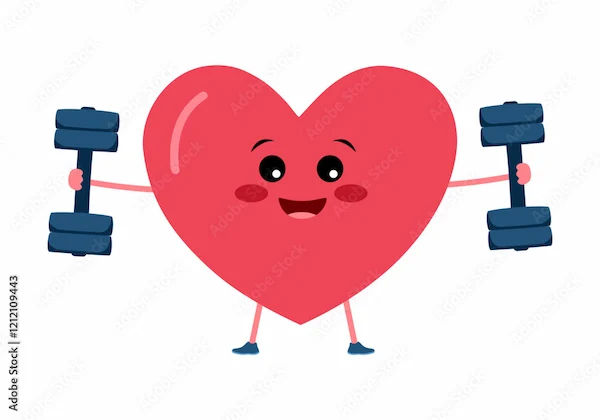- Female
- 30 Years
- 07/02/2025
I'm experiencing chest pain after every time I have intercourse, and I'm starting to worry. I have RHD, so I'm not sure if this is normal or if it's putting extra pressure on my heart. Can you help me understand what's going on?
Answered by 1 Apollo Doctors
Having chest pain after intercourse can be concerning, especially for a patient with Rheumatic Heart Disease (RHD). It is important to rule out any serious underlying causes for the chest pain. In your case, it is possible that the physical exertion during intercourse is putting extra strain on your heart, leading to chest pain. To help alleviate the chest pain and reduce the strain on your heart, you can take Nitroglycerin sublingual tablets as needed for chest pain. The usual dosage is 0.3 to 0.6 mg sublingually every 5 minutes as necessary, up to 3 doses. It is important to consult with your healthcare provider to discuss your symptoms and determine the best course of action.
Dr. Ibrahim Suggests...
Consult a Cardiologist
Answered 04/07/2025
0
0

More Cardiology Health Queries
View allI've been having a really hard time with my sleep schedule. I tend to crash around 7 or 8 in the evening and can barely stay up past 9 p.m. It's like my body just shuts down after dinner, and I'm struggling to understand why this is happening. On top of that, I'm experiencing some other weird stuff. Whenever I sit down or stand up quickly, my heart starts racing like crazy, and it also happens if I suddenly fall onto the bed. I've heard of postural orthostatic tachycardia syndrome and anxiety symptoms, and I know they can cause things like this, along with heavy sweating and really dry skin. But even after trying anxiety meds, nothing seems to change. What could be going on with me? Any ideas?
It sounds like you may be experiencing symptoms of postural orthostatic tachycardia syndrome (POTS). POTS is a condition characterized by an abnormal increase in heart rate that occurs after sitting up or standing. The symptoms you described, such as racing heart when changing positions, feeling tired in the evening, and sweating, can be associated with POTS. For the symptoms of POTS, you can try increasing your fluid and salt intake, wearing compression stockings, and doing exercises to improve blood flow. Additionally, medications like midodrine or fludrocortisone may be prescribed to help manage your symptoms. It is important to consult with a healthcare professional for a proper diagnosis and treatment plan.
Answered by 1 Apollo Doctors
I've been wondering about the medication I'm on since I was diagnosed back in January 2013 with a 70% blockage in the LAD due to a rupture plaque. For the past three years, I've been taking Telma H80, Nebicard 5, and Ecosprin av75 daily. I'm curious, how long will I need to continue taking these meds? Are there any additional precautions I should be considering? I walk a lot, about 6-7 km daily, and have no trouble climbing up 3-4 floors of stairs. I'm 40 years old, with a weight of 102 kg, and my blood reports are normal. What do you think?
You have to loose weight and maintain healthy BMI even though the cholesterol is normal for high BMI there is always risk of stroke better to continue to the medication till you are completely normal and healthy in all aspects
Answered by 1 Apollo Doctors
I'm really worried about these heart palpitations I've been having for the past six months. Whenever they happen, I rush to the hospital. The ECG showed atrial fibrillation, and that's got me concerned. Is this something dangerous that I need to be really worried about? Also, my 2D Echo results were normal. Can you help me understand what's going on?
Heart palpitations can be concerning, especially when associated with atrial fibrillation on ECG. Atrial fibrillation is a type of irregular heartbeat that can increase the risk of stroke and other heart-related complications. It is important to manage atrial fibrillation to prevent these complications. For atrial fibrillation, you can take medications such as Dabigatran (Pradaxa) to prevent blood clots and Metoprolol (Lopressor) to control heart rate. In some cases, electrical cardioversion or catheter ablation may be recommended. It's good that your 2D Echo is normal, but it's still important to follow up with your healthcare provider for further evaluation and management of your atrial fibrillation. Regular monitoring and treatment are essential to reduce the risk of complications.
Answered by 1 Apollo Doctors
Disclaimer: Answers on Apollo 247 are not intended to replace your doctor advice. Always seek help of a professional doctor in case of an medical emergency or ailment.


.webp)